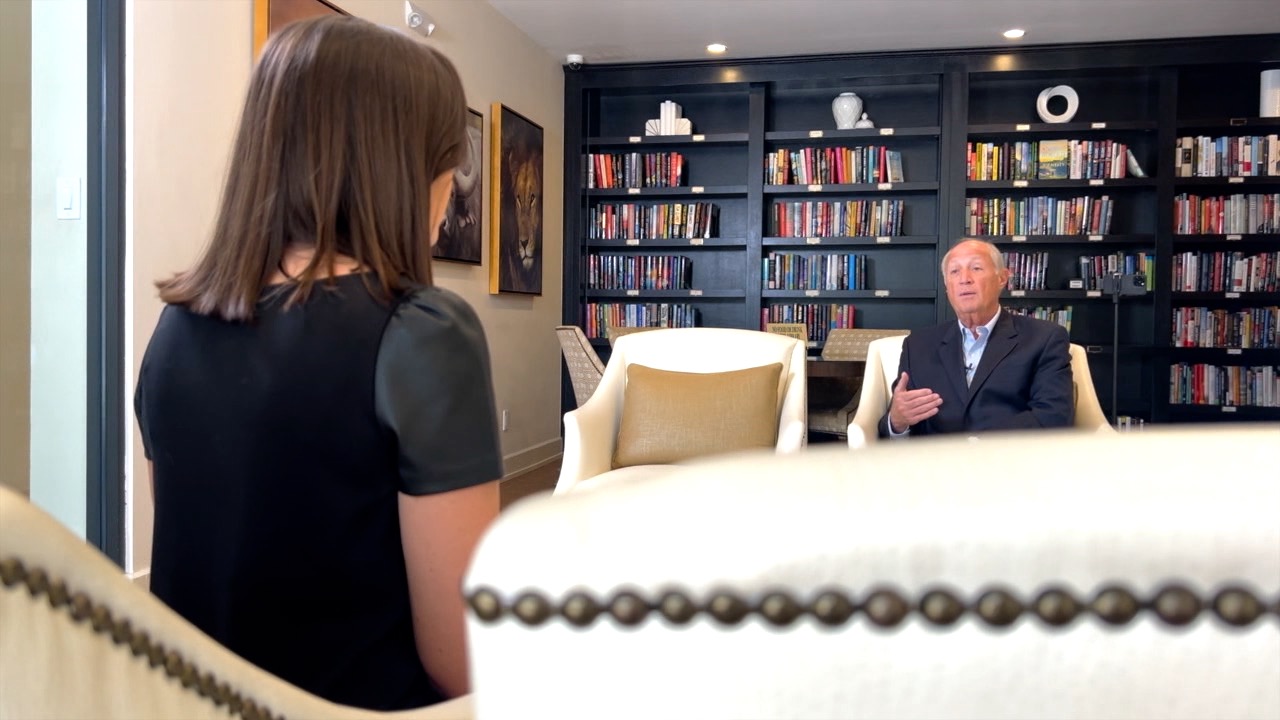TAMPA, Fla. — After ABC suspended Jimmy Kimmel’s late-night show indefinitely, hundreds of people have been chiming in on both sides of the debate regarding the First Amendment and free speech.
Over the past few days, Tampa Bay 28 has seen your messages and questions, so we’re taking them to legal experts.
Watch full report from Mary O'Connell
The First Amendment reads: “Congress shall make no law respecting an establishment of religion, or prohibiting the free exercise thereof; or abridging the freedom of speech, or of the press; or the right of the people peaceably to assemble, and to petition the Government for a redress of grievances.”
Experts explained freedom of speech under the First Amendment is incredibly broad.
“In particular, it protects political speech by saying that the people have the right to petition for the redress of their grievances, and when you put those two clauses together, political speech is absolutely protected,” said Jeffrey Swartz.
Swartz is a Distinguished Professor Emeritus from Cooley Law School.
"Is hate speech protected by the First Amendment?" asked reporter Mary O’Connell.
"Hate speech actually is one of those things that's absolutely protected as long as it doesn't incite danger to other people or violence,” replied Swartz.
Ciara Torres-Spelliscy, a Professor of Law at Stetson University College of Law, explained one key factor is it has to be the government trying to censor you. She pointed to the misconception that you have a free speech right against anyone, saying that's not the case.
"A classic confusion is on platforms like Facebook or X. Those are private platforms,” said Torres-Spelliscy. “You don't have a First Amendment right against Facebook, and you don't have a First Amendment right against X, so if X for whatever reason wants to de-platform you or Facebook wants to hide your posts, that is not a First Amendment issue at all."
Torres-Spelliscy explained there are some very narrow exceptions, for example, defamation.
"If you tell a defamatory lie about someone, and you never correct the record, then that opens you to liability,” she said.
"What about speech that incites violence? Is that protected by the First Amendment?" asked O’Connell.
"The incitement cases are also super protective of free speech. You essentially, if you are prosecuted for an incitement to violence, it has to be almost immediate, so you have to be in a situation where you're telling a crowd essentially like get that guy, and that guy is like right in front of everyone,” said Torres-Spelliscy. “Almost anything else is going to be protected."
Tampa Bay 28 is an ABC affiliate owned by The E.W. Scripps Company. To contact the ABC Network, you can visit support.abc.com
Share Your Story with Mary

Mary O’Connell has a primary focus on education-related stories for Tampa Bay 28. But she also keeps an eye on public health concerns and the always-changing car insurance market. Reach out to Mary to share any of your questions or concerns.
.

Largo family loses home in morning fire, forced to start over
Mother and her nonverbal son with autism 20 escape safely as the home is condemned; community steps in to help with housing and recovery.





